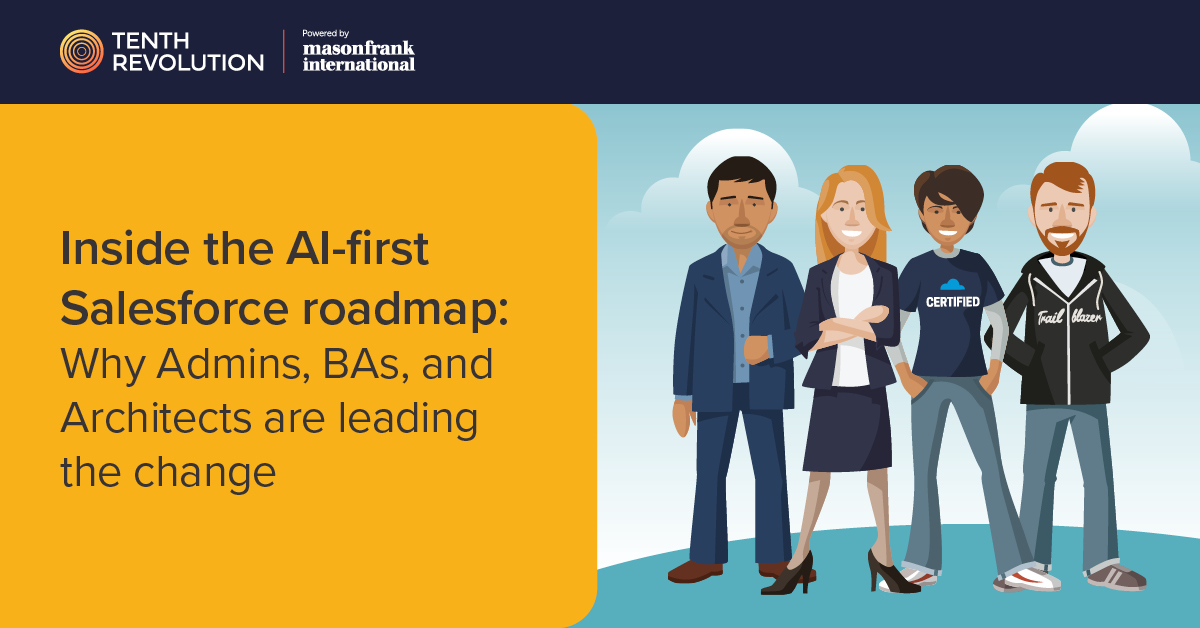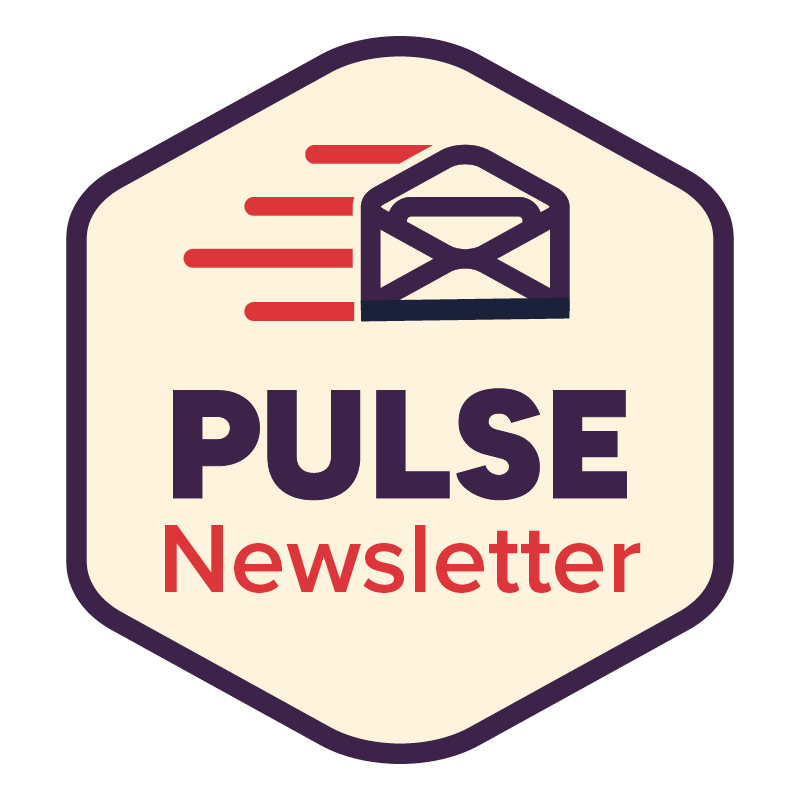
Salesforce’s new AI-first strategy is transforming how CRM teams operate, and it is reshaping which skills organizations need most.
As generative AI becomes a standard capability across the Salesforce ecosystem, the platform’s success now depends on professionals who can design, train, and govern it responsibly. The introduction of Einstein Copilot and Copilot Studio has shifted the focus from experimentation to operational adoption. These tools let businesses embed AI directly into workflows, whether that means generating sales content, recommending actions in service cases, or surfacing insights from unstructured data.
The challenge for executives is clear: AI is not a standalone initiative anymore. It touches every process, every department, and every decision made within Salesforce. That means the talent equation must evolve too.
A new kind of Salesforce team
AI-first Salesforce environments demand new competencies across traditional roles.
- Admins now need to understand prompt design, data permissions, and model behavior, ensuring AI outputs stay accurate and compliant.
- Business Analysts (BAs) translate business goals into Copilot use cases, helping leaders understand where automation adds measurable value.
- Solution and Enterprise Architects define the data and governance frameworks that keep AI systems safe, ethical, and aligned to business outcomes.
Together, these roles form the foundation of AI fluency inside Salesforce teams. They are responsible not only for adopting new tools but for guiding cultural and operational change.
Governance as a business advantage
Enterprises adopting Copilot often discover that AI governance is less about limitation and more about enablement. When teams set clear rules around data use, model oversight, and auditing, they can deploy AI faster and with greater confidence.
This creates an opportunity for forward-thinking organizations to turn compliance into a competitive advantage. Companies with strong governance foundations can move from pilot programs to enterprise-scale AI deployments quickly, supported by teams who understand the risks and rewards of automation.
The technology is powerful, but success still depends on people. Mason Frank connects you with Salesforce professionals who can design, deploy, and manage AI-powered workflows that drive measurable results safely.
The expanding role of architecture in AI strategy
Architects have become key to ensuring AI works across Salesforce clouds and external systems. They design integrations that keep customer data synchronized, manage data residency requirements, and define where AI models should and should not operate.
As Salesforce expands Einstein Copilot across Sales, Service, and Platform, this architectural discipline becomes central to maintaining trust. It is not only about enabling generative use cases but also ensuring data quality and compliance across all points of interaction.
Measuring value in the AI-first CRM
To make AI adoption sustainable, organizations need to measure ROI in tangible terms: time saved, customer satisfaction improved, and cost reduced. That is where Business Analysts and Admins become crucial. They identify what success looks like and translate user feedback into continuous improvement.
According to the Mason Frank Careers and Hiring Guide 2025, 62% of Salesforce professionals say they plan to upskill in AI tools this year: a sign that the workforce is ready to adapt. Employers that create structured learning pathways and hire professionals already fluent in Copilot will be better positioned to capture early advantages.
Leading with AI fluency
AI fluency is becoming as essential to CRM success as configuration or integration once were. The organizations that thrive will be those that invest in people who understand how to apply AI safely, creatively, and at scale.
Building that team starts with hiring professionals who can bridge business objectives and technology design. They are the translators, educators, and innovators turning the AI-first Salesforce roadmap into measurable business progress.
Mason Frank helps organizations hire Salesforce experts who can lead this transformation, combining technical depth with strategic vision to make AI adoption both safe and effective.
Looking ahead
The move to an AI-first Salesforce ecosystem is redefining every layer of CRM delivery. As roles evolve, so too must hiring strategies. By focusing on governance, architecture, and applied AI fluency, leaders can ensure they build teams ready to shape the future of intelligent customer engagement.
The businesses that start aligning talent to this new model today will be the ones defining what AI-driven success looks like tomorrow.


